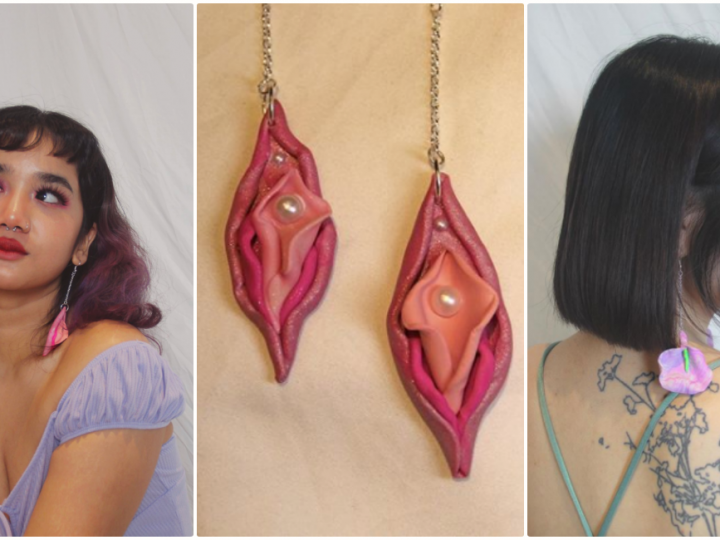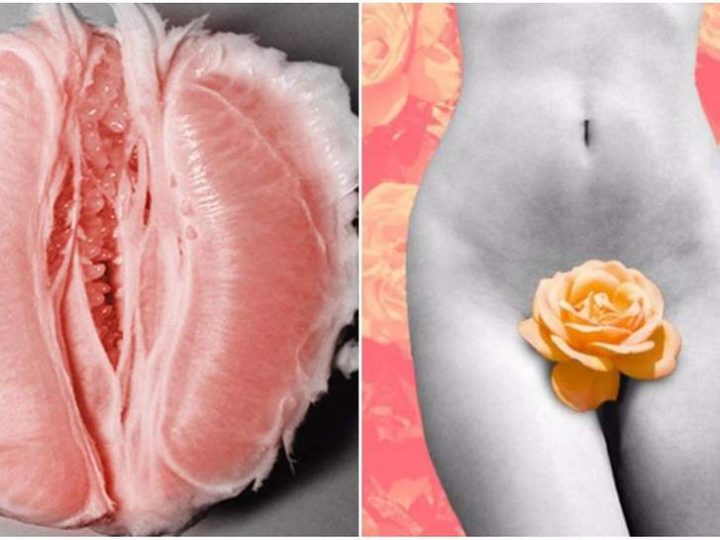Backlash Over Progressive Sanitary Pad Ad Proves That M’sians Are Afraid To Talk About Vaginas
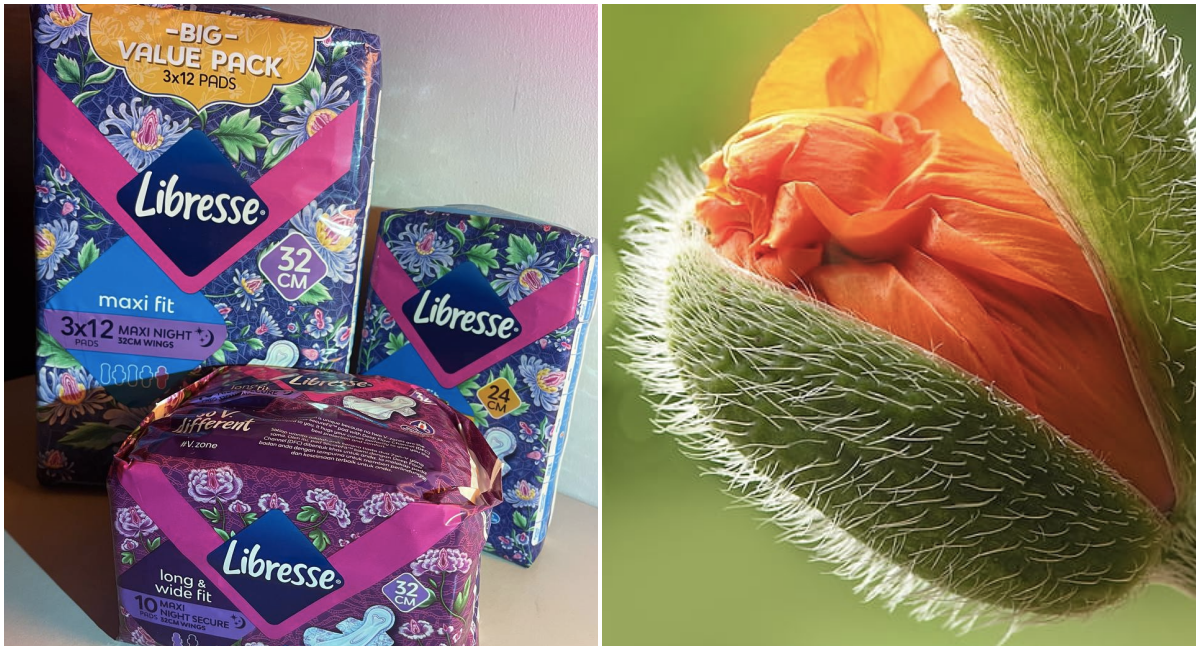 Thirsty for JUICE content? Quench your cravings on our Instagram, TikTok and WhatsApp
Thirsty for JUICE content? Quench your cravings on our Instagram, TikTok and WhatsApp
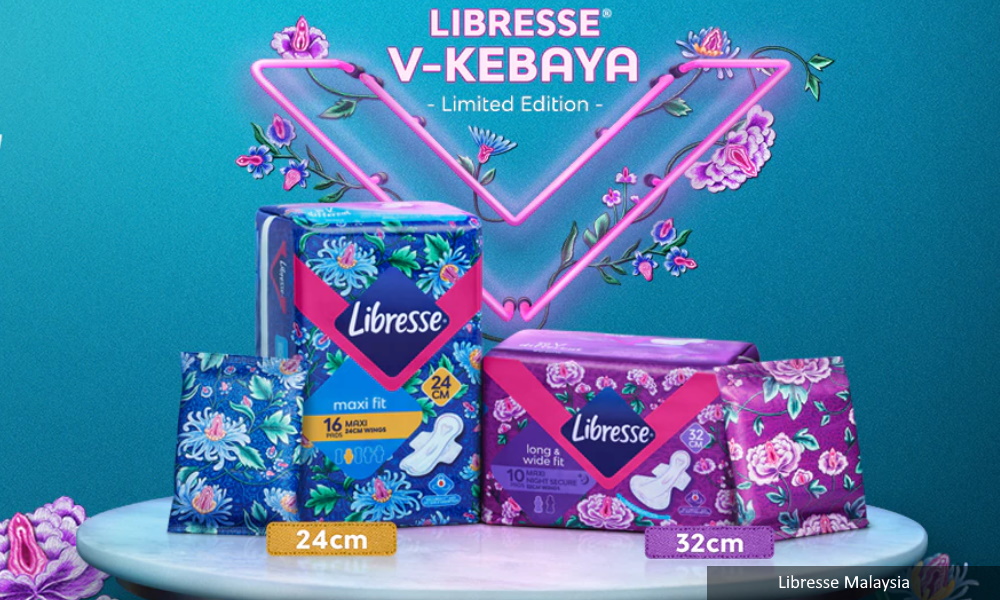
Over the weekend, the internet exploded into yet another ridiculous frenzy over something that should have been celebrated for its progressive overtones instead of chastised.
It’s no secret that women are seen as subhumans in Malaysia, most recently evident in the government’s decision to challenge a court ruling for women to confer citizenship to their children born overseas alongside a slew of other disappointing news.
However, the fiasco that transpired due to a sanitary pad advertisement further solidifies that even women have a hard time supporting other women in this country.
Libresse has always been known for its out-of-the-box marketing and targeted focus on issues that relate to the female anatomy.
This is because their ads are not only topical, but also incredibly creative and relevant to the way women should be discussing our period and vaginas.
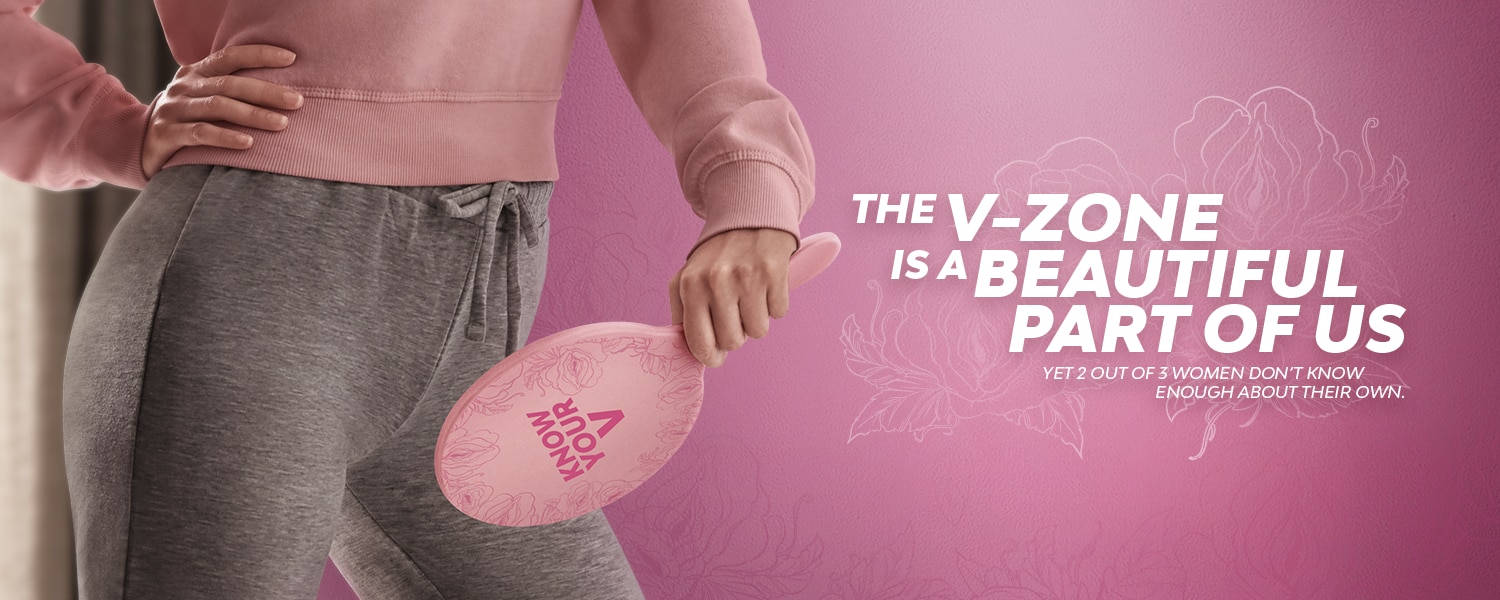
Despite their gentle and insightful approach, a significant amount of Malaysians are still offended. Why am I not surprised at all?
The issue exploded when YADIM Muslim Women’s Council (MAYA) accused the brand of undermining the dignity of women by using vagina-inspired motifs for their promotional ads. They also accused Libresse of disrespecting and degrading women with their Know Your V campaign.
Take a look:
Libresse has since withdrawn their campaign and issued a statement.
Here it is:
View this post on Instagram
Since this is an issue that concerns women, I will not waste your time by inserting the unwanted opinions of men about this topic. As famously said by Rachel Greene from Friends, “No uterus, no opinion.”
However, it is integral to reflect on how women have been poorly mistreated in this conservative country due to our inability to have public discussions regarding our vaginas. The detrimental effects range from being mild to extremely harmful and it’s high time we sit down and talk about it.
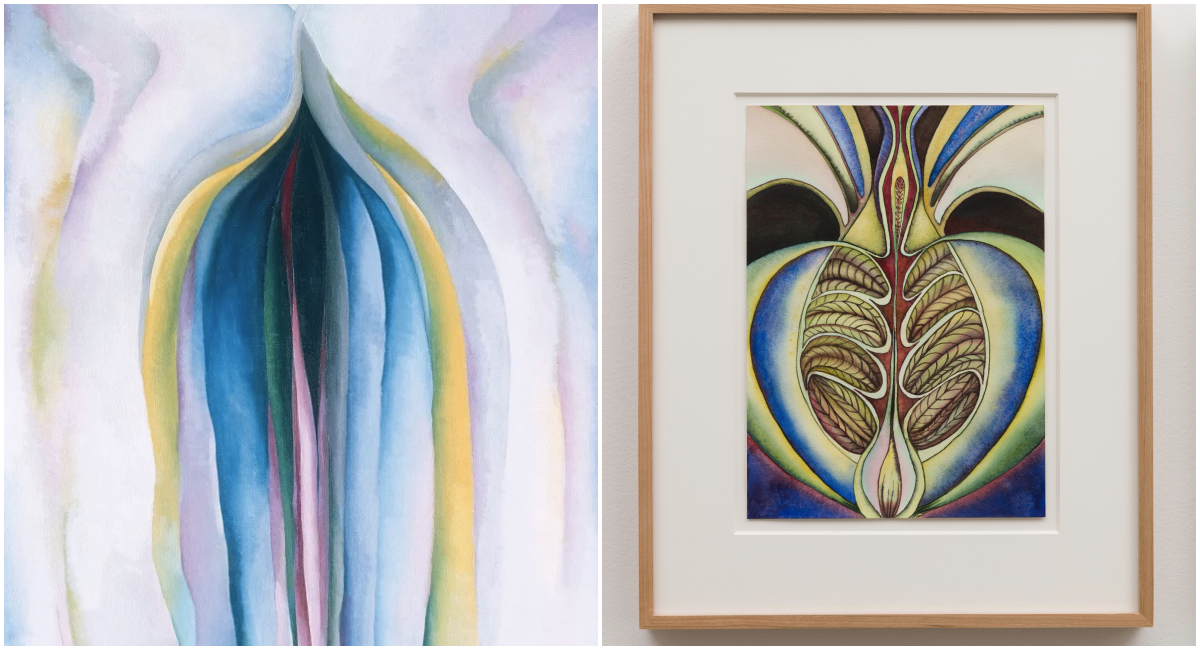
Art is often used to allude to a woman’s vagina for centuries as a way to discuss it implicitly without offending the masses or being deemed as too controversial or licentious.
With artists like Georgia O’ Keeffe and Faith Wilding, women have felt represented and celebrated for their vaginas that vary in shapes and sizes.
But since that kind of art is not prominent in Malaysia, when Libresse attempted to use this form of representation in their promotional campaign, it was immediately seen as inappropriate.

But why? It’s quite simple. Because women are often seen as sex objects so whenever we discuss our genitalia, albeit in an informative manner, it is still seen as promiscuous.
Why else would a woman’s vagina exist other than to be used as a sex tool for men to get off? It’s not like we have autonomy over our bodies anyway…
I choose @Libresse_MY packaging over these ads any day. pic.twitter.com/eQCGAZ8alA
— KNB 🏴 (@nizambakeri) September 19, 2021
Illustrated in rampant ads for jamu and ubat kuat, vaginas are often discussed only when it is being used for intercourse – specifically heterosexual intercourse but that is another topic entirely and I do not want to go off on another angry tangent.
In Malaysia, vaginas are meant to be tight, pink, elastic and smelling of flowers. In actuality, none of these traits ring true. All vaginas look, smell and feel differently because there is no one-size-fits-all when it comes to being an actual human.
But since archaic ads for male pleasure are more widely accepted than ads that celebrate women’s individuality and sexual identity, many women feel inferior when their vaginas do not fit the set status quo.
This leads to severe body modifications that have landed women in hospitals and graves.
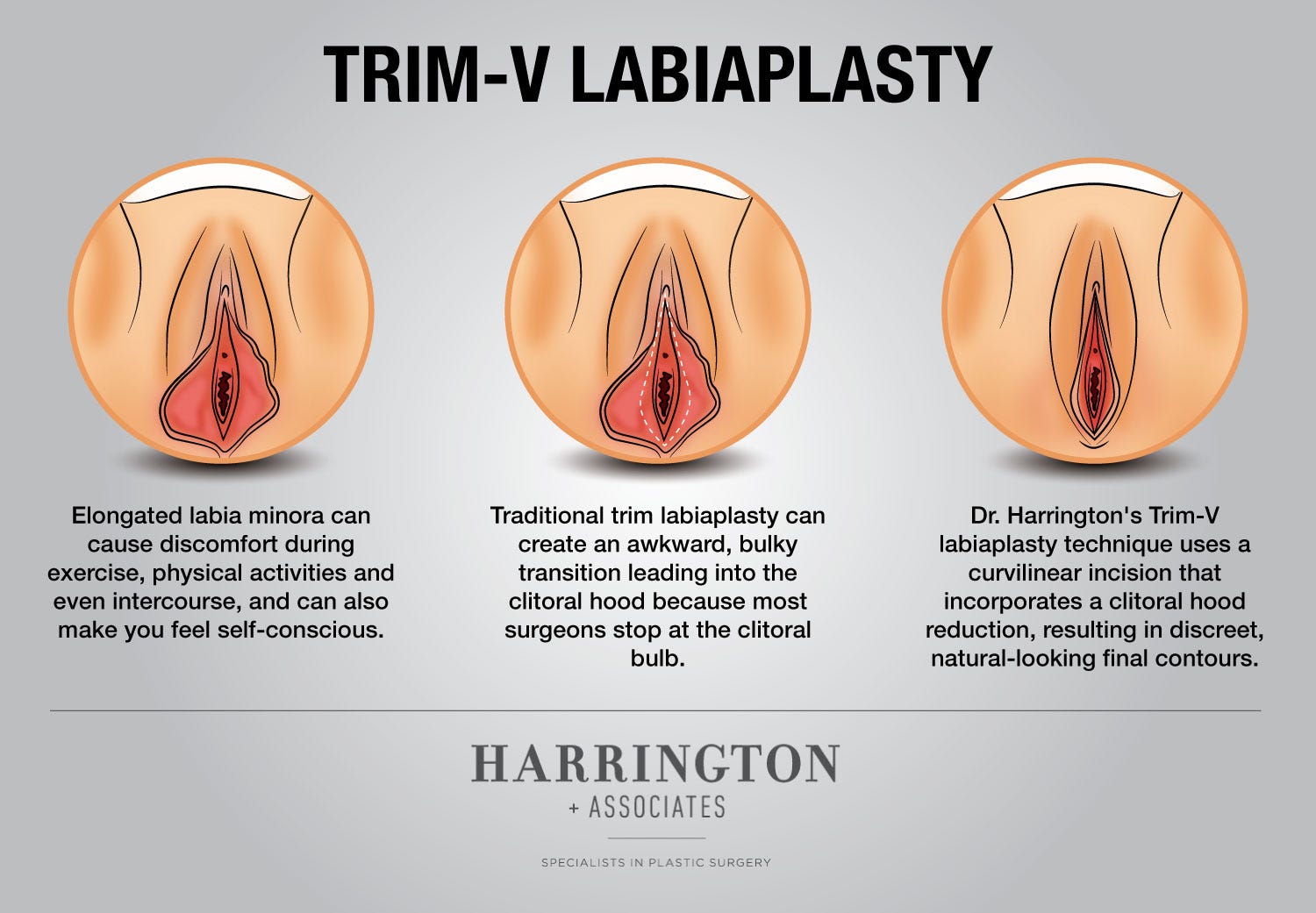
From trimming our labias to ingesting unlicensed medicine that claims to tighten our vaginas as well as using harmful fragrances to give it that “flowery smell”, women have been harming themselves because of unrealistic expectations as to how we should look, feel and smell.
It’s also no secret that we live in a sexually repressed country which is why pornography, specifically child pornography, is consumed extensively in Malaysia as compared to neighbouring countries.
Of course, there’s no shame in watching adult videos featuring consenting adults but when we make the vaginas seen in these videos the correct standard for women everywhere, that is when it becomes a problem.
Pornography is notorious for portraying an idealised and exaggerated fantasy catered to male viewers. But men don’t own vaginas. And like I said before, if you don’t own a vagina, you don’t own the right to have an opinion on it.
So, we shouldn’t let a man tell us how to live. As a woman, I’m telling you that whatever colour, shape or smell your vagina has, if it’s healthy, it’s beautiful.

Other than aesthetics, the way we discuss vaginas in regards to how it functions has also been skewed to protect the male gaze.
How many women have been shamed by men (and women, sadly) for talking openly about their period? Considered as “tak manis”, which essentially means that it is unladylike, young women especially have been silenced from speaking out about problems and questions that they may have pertaining to their own vaginal health.
I pernah rasa sakit dan gatal kat vagina. Pastu i teringat kempen Libresse, check vagina guna mirror. I check and ada infection dgn keputihan tak normal. Thanks to that, I’m okay now.
Ustazah, this is an awareness and it is necessary to Know Your V. https://t.co/VCJFcVPYmK— 나비🦋🏴 (@feileacan_dee) September 18, 2021
This comes in the form of abnormal smells, discharge and period pains. The lack of sexual education in Malaysia also contributes to this greatly.
The vagina is a complex sexual organ only because it cannot be discussed openly. Many women only find out about illnesses or abnormalities that they may have years later, sometimes when it’s too late.
It can lead to problems with conception and overall everyday debilitating discomfort and it’s all because talking about it incites the common response, “Ish, tak elok lah anak dara cakap pasal ni!”

If even purchasing period pads and passing them around in the open can warrant unsavoury looks from the public, then having a discussion about the varying smells, colours and textures of discharge and menstrual blood could possibly cause a national aneurysm.
With all that said, it is an absolute disappointment that men and women alike felt so uncomfortable by the ad that it had to be taken down and withdrawn despite being a clear step in the right direction.
Vulnerability is not weakness, it’s strength. When we allow ourselves to talk about things that we normally wouldn’t, it allows us to get to know ourselves a lot deeper.

If talking about it online or to your peers makes you uncomfortable, then by all means, reach out to professionals. They’ve seen countless of vaginas in their lifetime and I promise you, yours is nothing they haven’t seen before.
Being a woman in Malaysia is difficult, but from woman to woman, the least we could do is try to make it a little easier for each other.
It’s time to break the cycle of shame. Let’s talk about our vaginas!
Here is a comprehensive list of OBGYNs in Malaysia and the steps to get yourself a medical check-up for your perusal:
List of OBGYNs/General Practitioners that come recommended as professional and open-minded: https://t.co/dhcIArfucm pic.twitter.com/cI5J7FcrmP
— Annatasha 🏴 (@monkeydisease) September 20, 2021
Ramai juga dm tanya macam mana procedure nak pergi ke hospital untuk check sama ada period kita normal ataupun tidak.
Ini bebenang :
— shakila schön (@markonahajis) September 19, 2021
And if you’re still able to snatch (no pun intended) some vagina-motif period pads from Libresse, make sure to do so!


 Get Audio+
Get Audio+ Hot FM
Hot FM Kool 101
Kool 101 Eight FM
Eight FM Fly FM
Fly FM Molek FM
Molek FM
